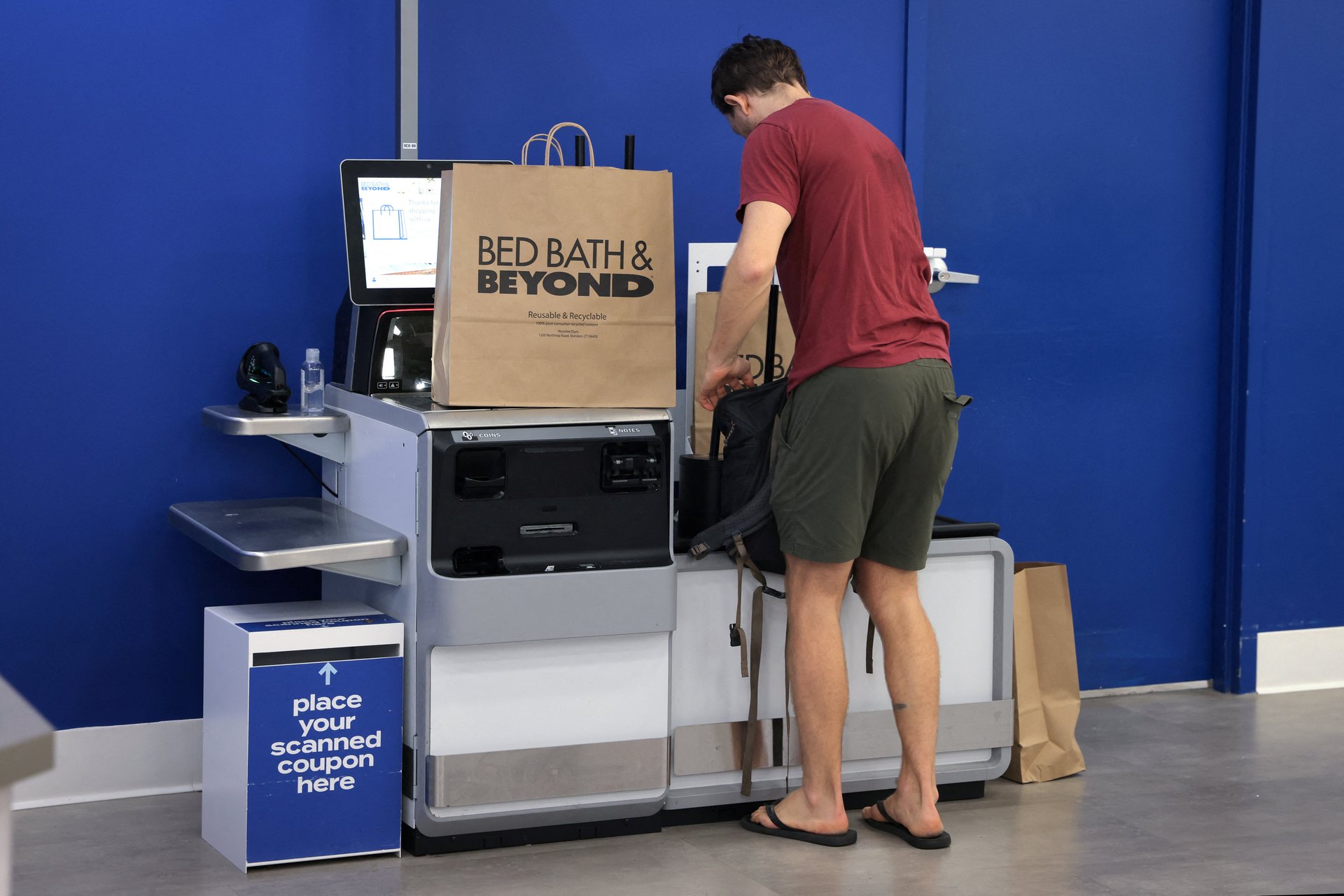Bed Bath & Beyond is ready to use its meme stock status to fundraise
The retail giant might be a little late on its plan to sell new shares.

Bed Bath & Beyond has had a wild run as a meme stock. Just in the past month, the stock price has swung from $5.77 on Aug. 1 to an intraday high of $28 on Aug. 16 before tumbling to $9.53 by the end of the day on Aug. 31.
Some might blame a slowing in business for the latest slide in the shares. On Aug. 31, the retail giant announced 150 store closings, a round of layoffs, and $500 million in new loans to “strengthen our liquidity and secure our path for the future.”
But the real turnaround plan, which only depressed the shares further, is to issue new stock. Bed Bath & Beyond has become a mega-popular meme stock in recent months and it wants to capitalize on the frenzy.
The GameStop-Bed Bath & Beyond connection
The mercurial movement in the shares all this year is due to an influx of retail trading activity and a move by GameStop chairman Ryan Cohen to dump the 12% stake he acquired in Bed Bath & Beyond six months ago. (GameStop is the primordial meme stock, spurred in large part by Cohen’s investment.)
According to an estimate from TheStreet, Cohen made about $68 million on his short-term Bed Bath & Beyond investment before taxes and commissions.
But the stock price plummeted after Cohen disclosed that he sold, losing a third of its value between Aug. 16 and Aug. 23.
Selling a meme stock
Unfortunately for Bed Bath & Beyond, it can take time to approve, announce, and issue new stock. While the strategy has worked for GameStop and other meme stocks like AMC, which have repeatedly sold into the meme-stock frenzy while intentionally devaluing their bloated stock prices, Bloomberg columnist Matt Levine surmises that Bed Bath & Beyond’s stock sale is coming about two weeks too late.
Still, the strategy makes sense for a company in this peculiar position. As Levine wrote: “Now being a nostalgic company with shaky finances can attract a whole new shareholder base, a post-cash-flow shareholder base. You pay shareholders as much as you can with buybacks, and whatever’s left you sell to the meme people.”
